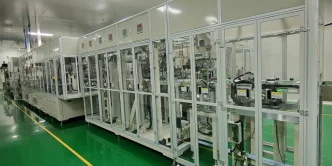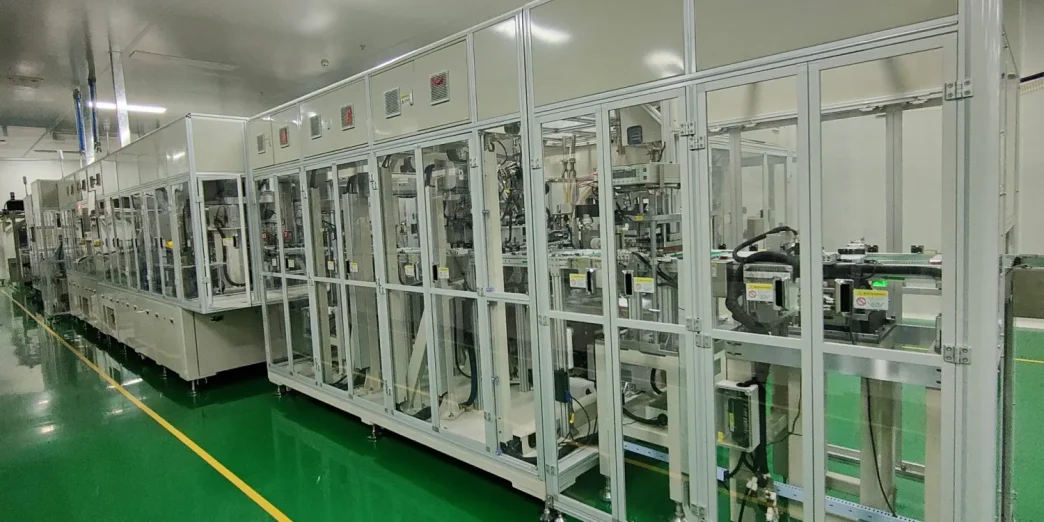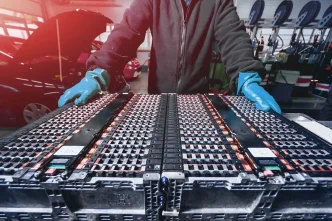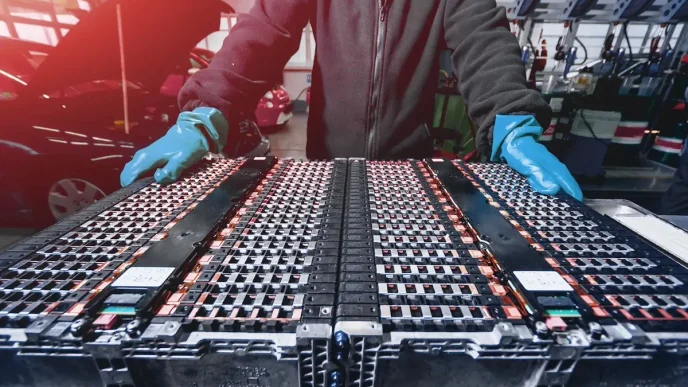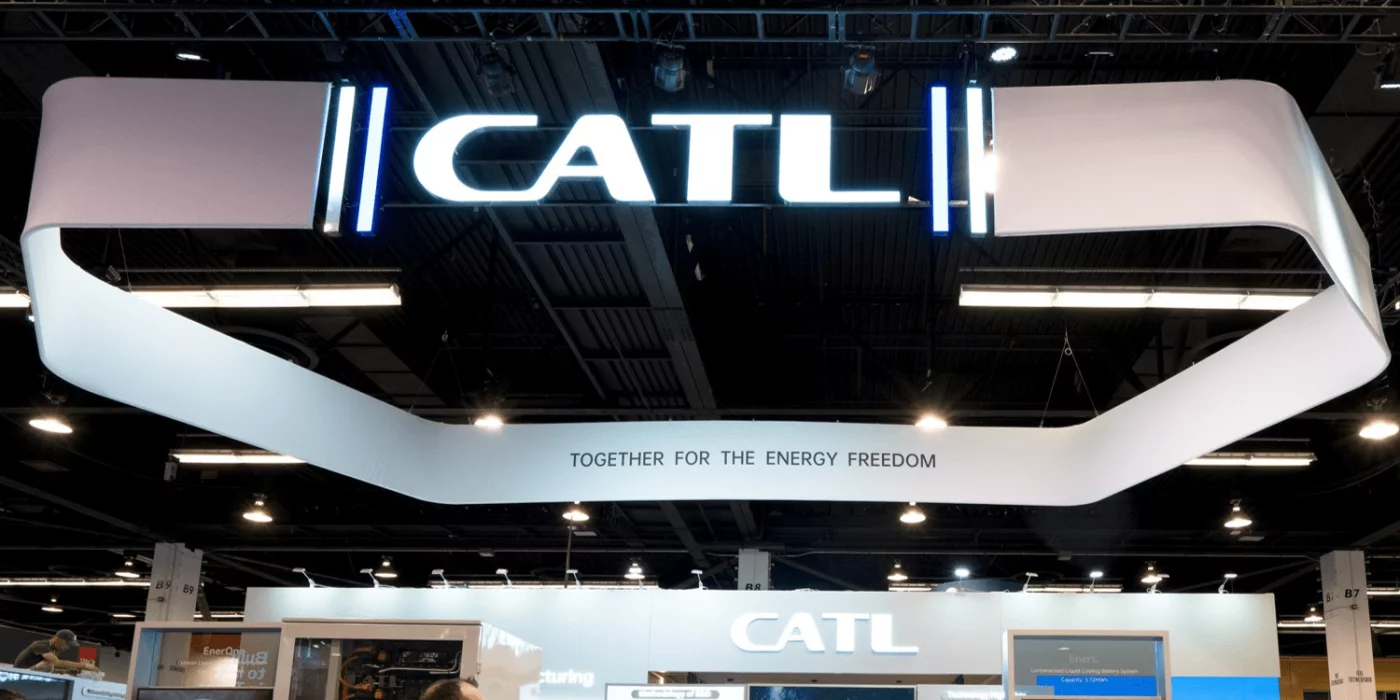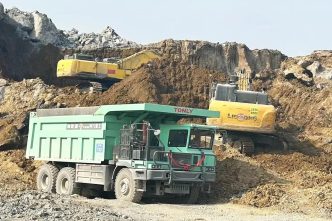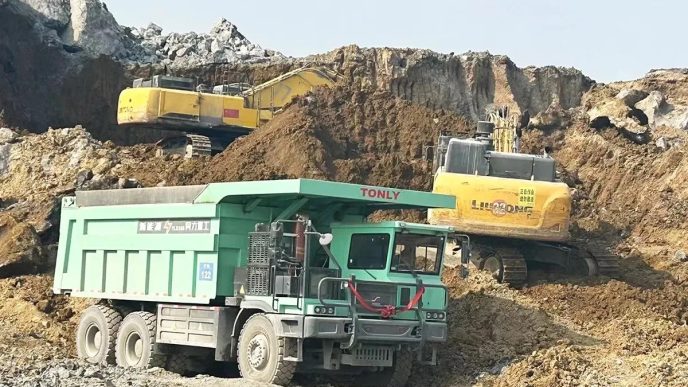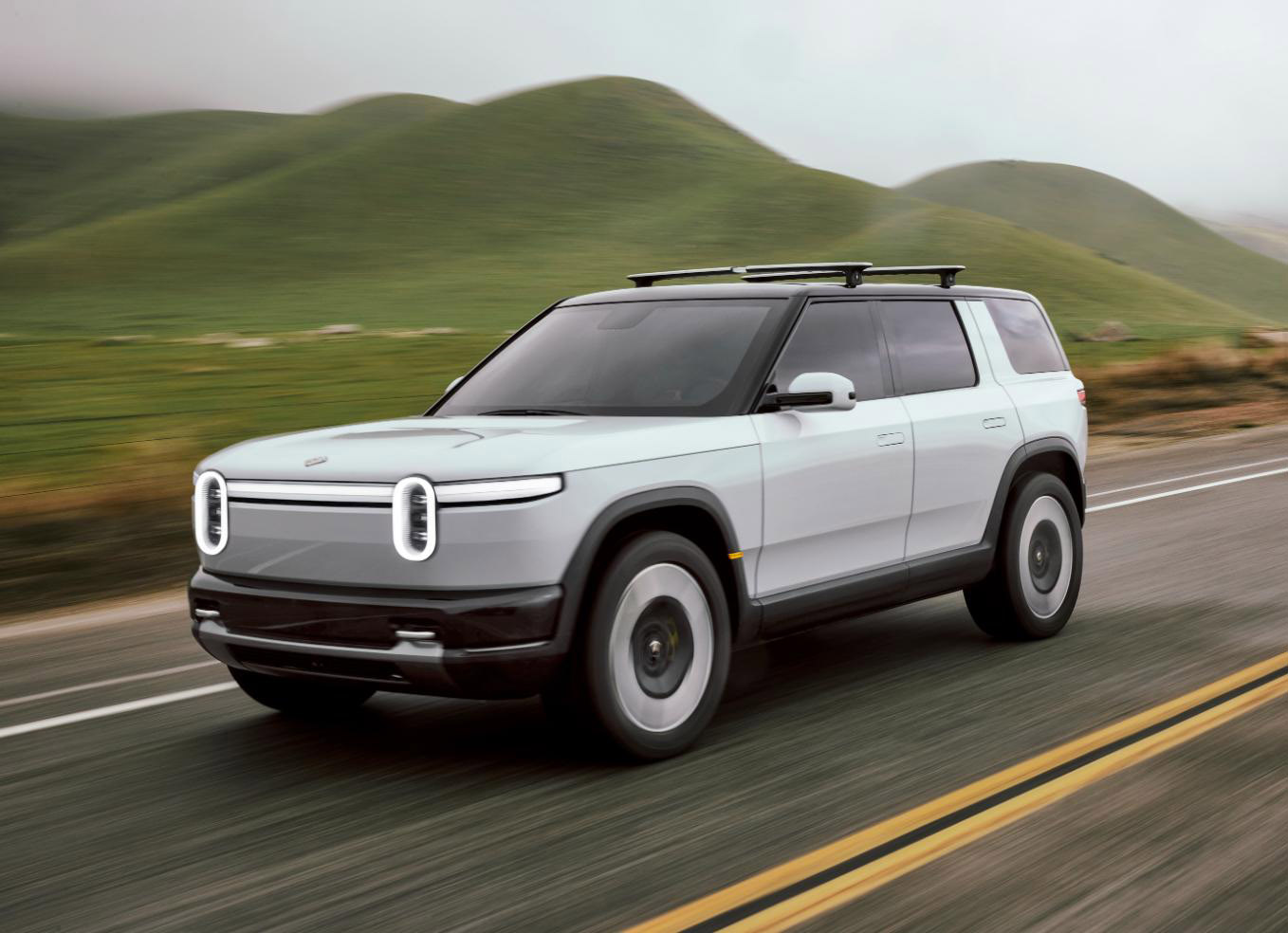Amprius Technologies has shipped its A-Sample EV cells to the United States Advanced Battery Consortium (USABC), a collaboration among major automakers focused on advancing electric vehicle battery technology. The new SiMaxx cells achieve an energy density of 360 Wh/kg, surpassing the USABC’s target of 275 Wh/kg. This improvement could lead to longer driving ranges for electric vehicles without increasing battery size or weight. The cells also feature a power density of 1200 W/kg, enhancing energy delivery efficiency.
A notable aspect of the A-Sample EV cells is their rapid charging capability, allowing them to reach 90% charge in approximately 15 minutes, which exceeds the USABC’s goal of 80% in the same timeframe. Internal testing has shown progress toward achieving 1,000 charge cycles, indicating potential longevity for these cells.
The USABC operates under the United States Council for Automotive Research (USCAR), a consortium formed by Ford, General Motors, and Stellantis, and is supported by the US Department of Energy (DOE). This partnership aims to promote the adoption of advanced battery technologies in the automotive industry. Amprius has been working closely with USABC and the DOE on these cells as part of a $3 million contract awarded in May 2022. The delivery of these sample cells marks a significant milestone in the development project, with discussions ongoing with major automakers regarding broader adoption of the technology.
To address market demand, Amprius has secured agreements for over 500 MWh of contract manufacturing, positioning the company to scale production and integrate these batteries into various electric vehicles. As the automotive industry increasingly focuses on cleaner energy solutions, advancements in battery technology are expected to play a key role in the future of electric mobility.
Amprius CEO Dr. Kang Sun highlighted the potential of their cells, noting their energy and power performance, fast charging capabilities, wide operating temperature range, and safety features as factors that could contribute to the ongoing evolution of the electric vehicle sector.

